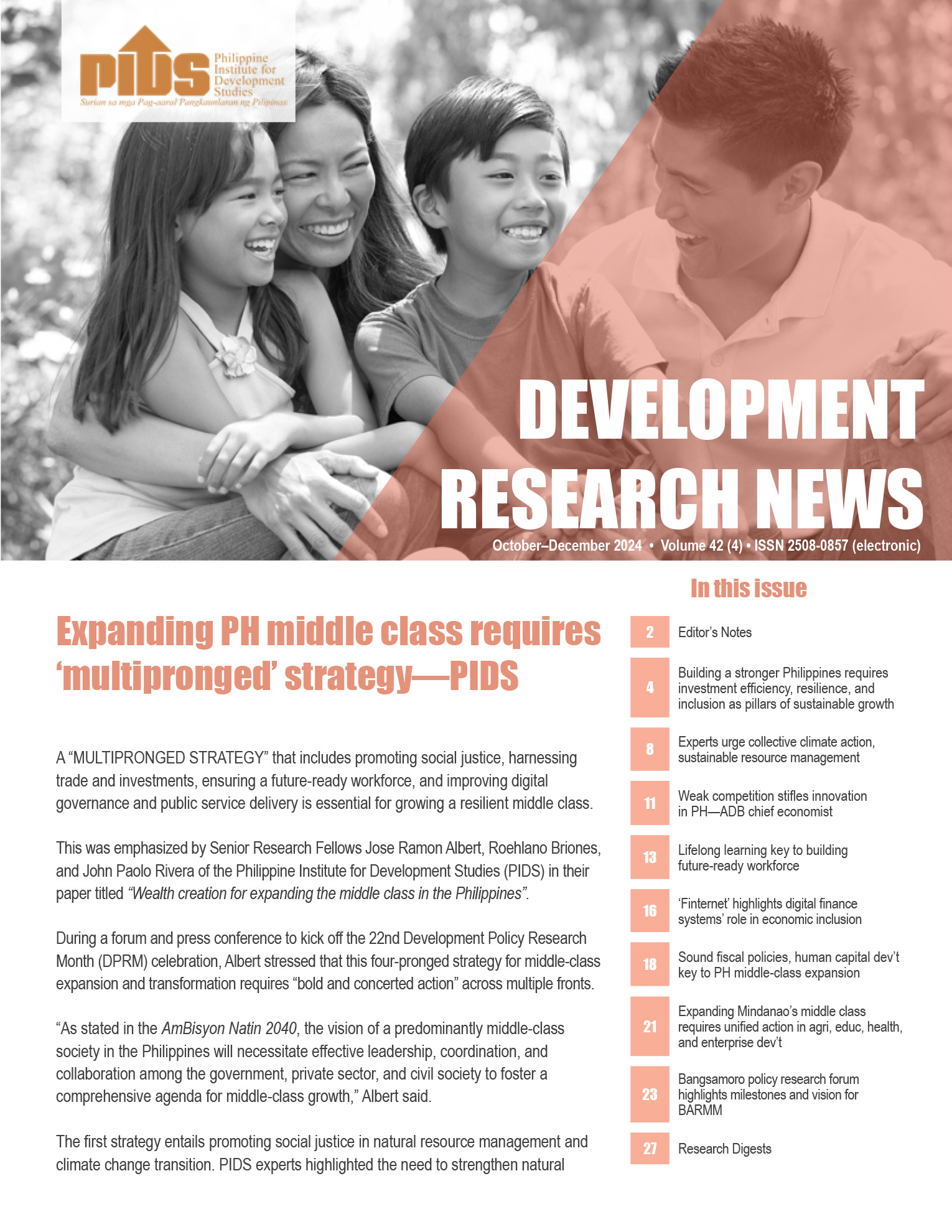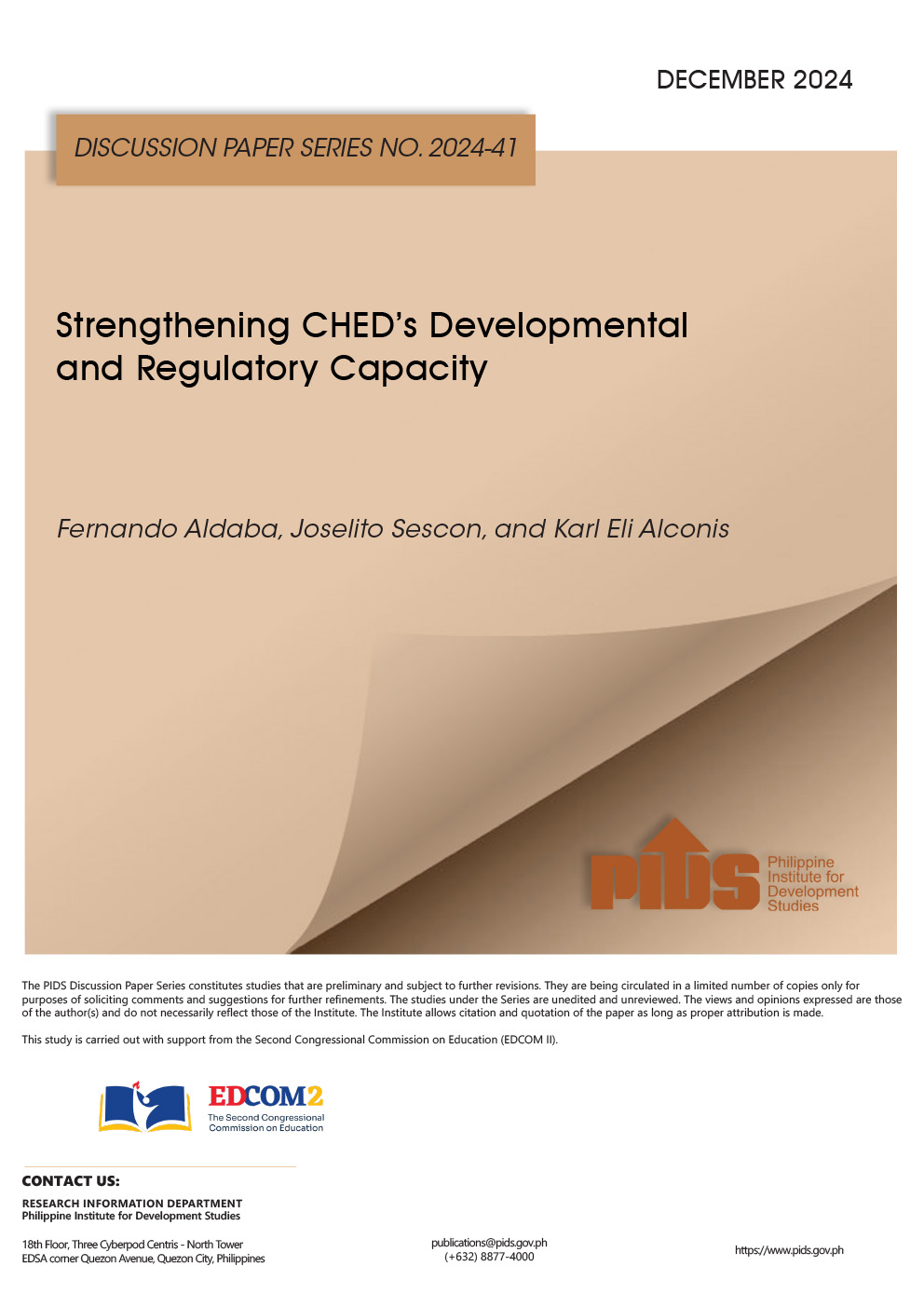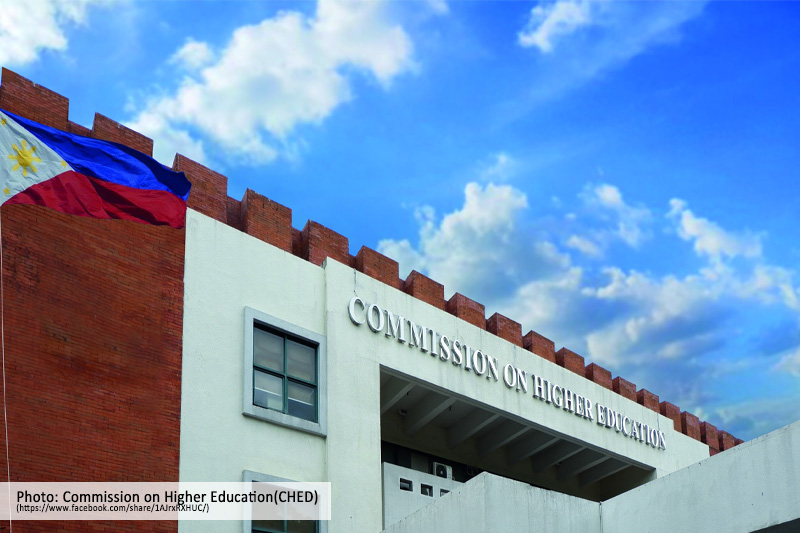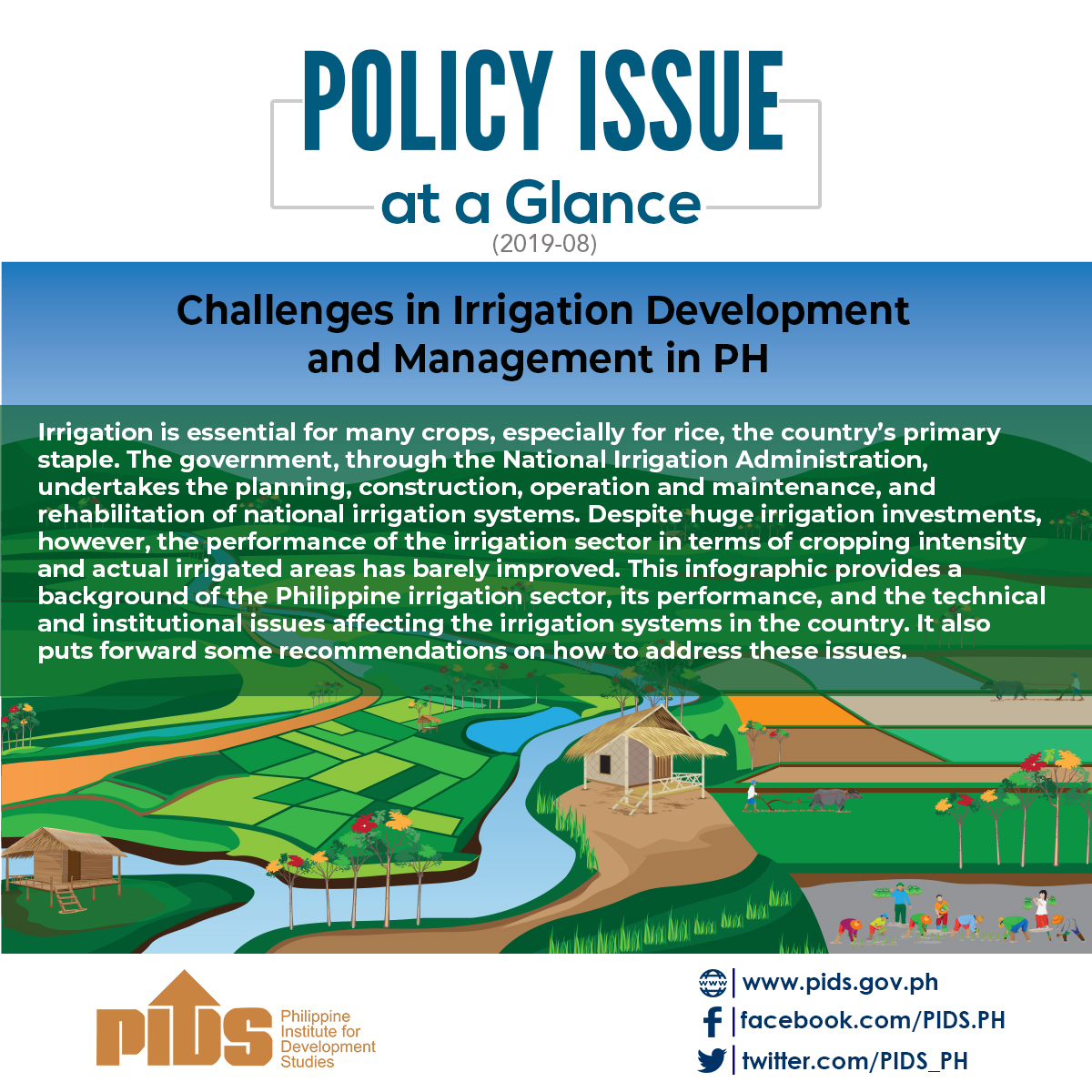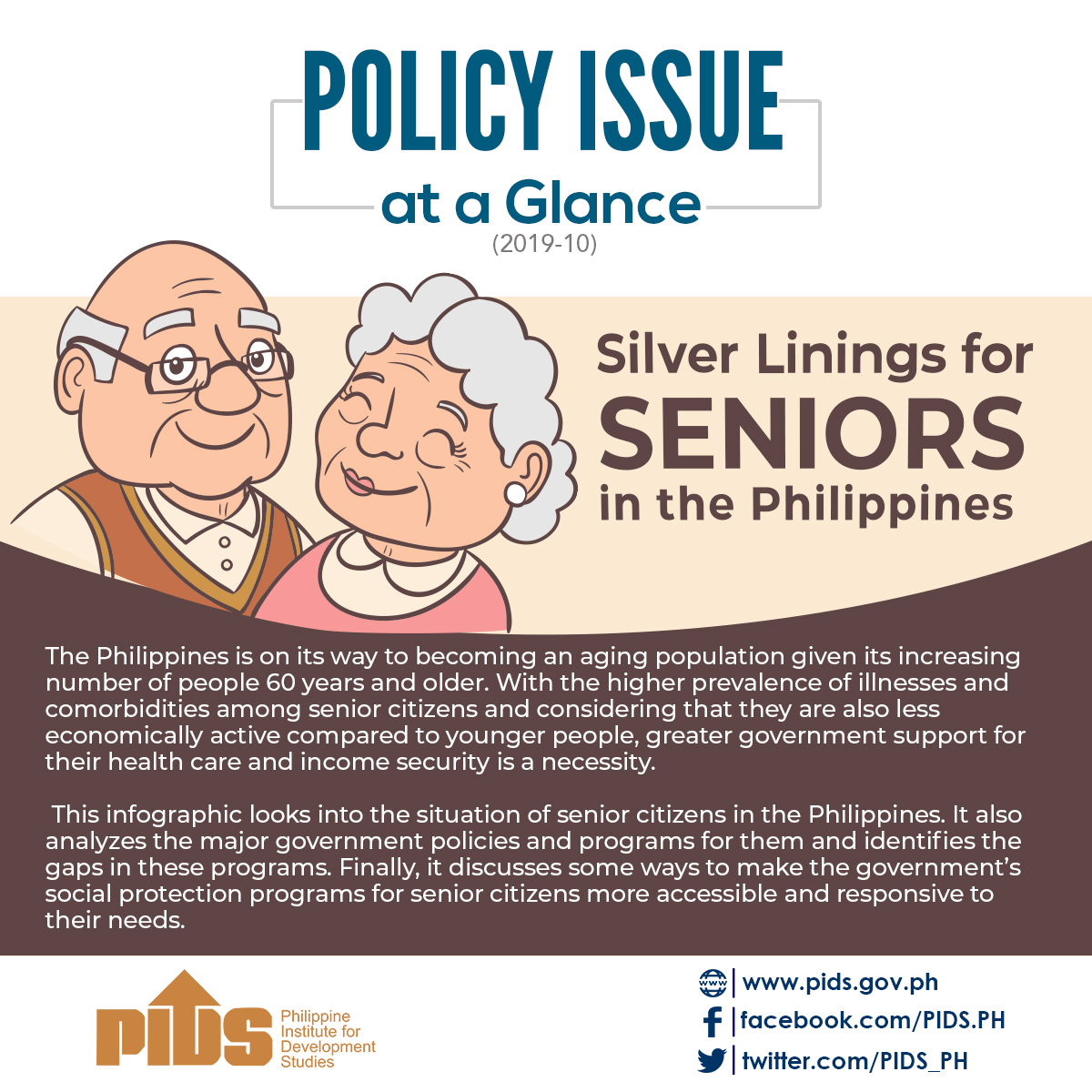MANILA, Philippines - State-run Philippine Institute for Development Studies (PIDS) is recommending the implementation of a competitive tendering for bus services along EDSA to address congestion and make commute easier.
In a new policy note, PIDS president Gilberto Llanto and researcher Hope Gerochi said the government should step in to define the type and quality of bus services that operators are expected to provide and bid out the right to operate along a designated route.
Llanto and Gerochi noted that this still fosters competition while encouraging bus companies to consolidate their operations.
”Competition for the market provides an efficient policy framework for the bus consolidation strategy to work. A first step is for the regulator to define the type and quality of bus services that operators are expected to provide,” they said.
“This consists of a competitive tender of the right to service commuters along a designated highway of route, meaning, bus operators compete ex ante for the right to provide services in a particular bus route.”
PIDS noted that the government, the Metro Manila Development Authority (MMDA) in particular, has tried out various “yet unsuccessful solutions” to control and discipline the flow of buses along the country’s busiest highway. This includes the proposal for bus companies to consolidate their operations which was rejected by operators.
The policy note also stated that the government must also come up with a system of wages for bus drivers to do away with the familiar “boundary system” that has resulted to the “boorish and accident prone behavior of bus drivers.”
“The government has to address this issue in designing a workable policy and institutional framework for urban bus markets,” said PIDS.
The researchers recommended the use of smart cards to pay for conveyance in buses to centralize revenue collections.
“Centralizing revenue collection (through beep cards) can also pave the way to shift the basis for paying operators from purely on the number of passengers carried to include performance elements such as kilometers traveled, on-time service, and other service indicators,” they said.
PIDS said this policy framework has the potential to “create a stronger incentive” for numerous operators to consolidate their operations and invest more in new technology.
“The competitive tendering mechanism also ensures that only the most efficient bidder can provide services in the market at a specified price or condition or criteria,” it said.
It clarified, however, that the application of the framework does not necessarily result in monopoly as more than one company would be allowed to operate a route to maintain competition. This system is being implemented in other countries.
“Where only one operator per route is appropriate, costs and performance can be benchmarked against the performance of similar bus operators,” said PIDS.
“The government, in this case, should develop the capacity, if it does not yet have this, to design or define the optimal market structure.”
In a new policy note, PIDS president Gilberto Llanto and researcher Hope Gerochi said the government should step in to define the type and quality of bus services that operators are expected to provide and bid out the right to operate along a designated route.
Llanto and Gerochi noted that this still fosters competition while encouraging bus companies to consolidate their operations.
”Competition for the market provides an efficient policy framework for the bus consolidation strategy to work. A first step is for the regulator to define the type and quality of bus services that operators are expected to provide,” they said.
“This consists of a competitive tender of the right to service commuters along a designated highway of route, meaning, bus operators compete ex ante for the right to provide services in a particular bus route.”
PIDS noted that the government, the Metro Manila Development Authority (MMDA) in particular, has tried out various “yet unsuccessful solutions” to control and discipline the flow of buses along the country’s busiest highway. This includes the proposal for bus companies to consolidate their operations which was rejected by operators.
The policy note also stated that the government must also come up with a system of wages for bus drivers to do away with the familiar “boundary system” that has resulted to the “boorish and accident prone behavior of bus drivers.”
“The government has to address this issue in designing a workable policy and institutional framework for urban bus markets,” said PIDS.
The researchers recommended the use of smart cards to pay for conveyance in buses to centralize revenue collections.
“Centralizing revenue collection (through beep cards) can also pave the way to shift the basis for paying operators from purely on the number of passengers carried to include performance elements such as kilometers traveled, on-time service, and other service indicators,” they said.
PIDS said this policy framework has the potential to “create a stronger incentive” for numerous operators to consolidate their operations and invest more in new technology.
“The competitive tendering mechanism also ensures that only the most efficient bidder can provide services in the market at a specified price or condition or criteria,” it said.
It clarified, however, that the application of the framework does not necessarily result in monopoly as more than one company would be allowed to operate a route to maintain competition. This system is being implemented in other countries.
“Where only one operator per route is appropriate, costs and performance can be benchmarked against the performance of similar bus operators,” said PIDS.
“The government, in this case, should develop the capacity, if it does not yet have this, to design or define the optimal market structure.”

